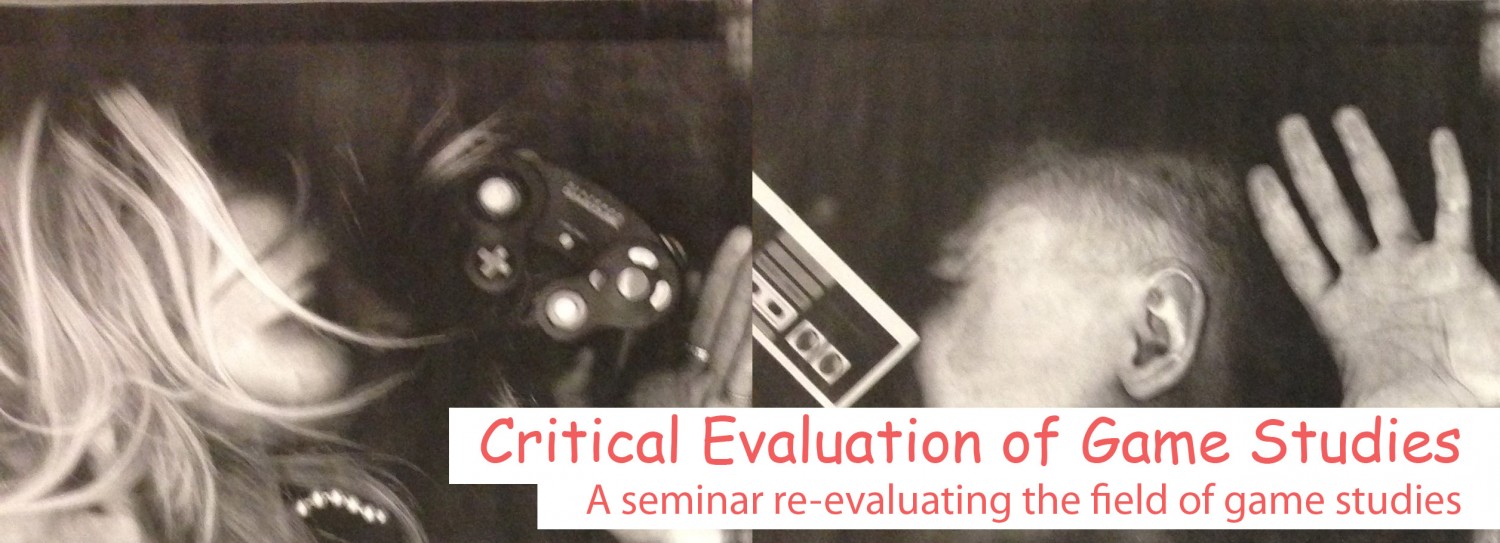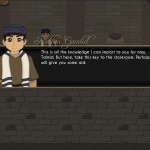Critical Evaluation of Game Studies: On Balinese Cockfights
I presented at a recent seminar at University of Tampere reflecting on the field of Game Studies. I talked about Geertz and Lévy-Strauss, among other things. The abstract for that talk was:
In this essay I advance three primary points, each in the service of “extending play” as a critical conceptual category for the field of Game Studies. The essay begins with Clifford Geertz’s famous essay, “Deep Play,” tracing through its lens the possibilities for “deeply extending play.” From that text, the passage, “[f]or, it is only apparently cocks that are fighting there. Actually, it is men,” (Geertz, 1973, p. 417) demonstrates the intense relationship between play, culture and structure (rules and otherwise). The essay extends the argument, advancing the position that games and play are in/as/of/through culture. Put another way, games and play are not generative of, reflective of, or just culture. Rather, they are intensely intertwined and it is the job of the analyst to explore (deconstruct) those connections well. Secondly, I argue that games and play, as conceptual categories, need to be thought of as “experimental systems,” and those concepts deserve to be informed by alternative perspectives, not simply a canon. Finally, a return to the notion of “meaningful play” and the sense making and cultural negotiations with structure that lie at the core of exploration and encourage a different kind of reading of play(ful) spaces. Meaningful play is part of what makes games and play so fundamentally an aspect of the human (and non-human) condition. In the examination of games, mechanics, design, rules, platforms, aesthetics, narrative, … the depth and meaning(ful-ness) of a game can be drowned out.



